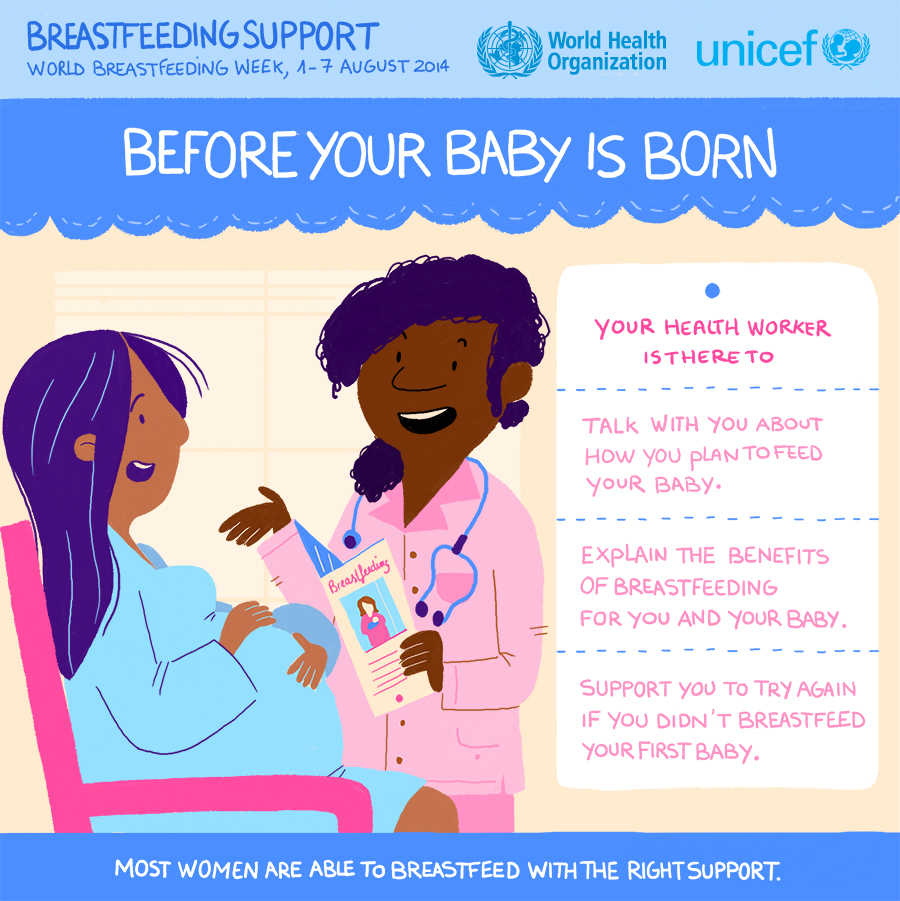
Every year, the global community sets aside a week to draw attention to the vital importance of breastfeeding.
Not only in the lives of the most disadvantaged children but also in the strength of societies.
The theme of this year’s World Breastfeeding Week, Breastfeeding and Work -- Let’s make it work!, focuses on what we can do to help millions of working mothers give their babies the best possible start in life -- by supporting stronger workplace policies that promote breastfeeding.
Breastfeeding helps children to survive and thrive -- enabling infants to withstand infections, providing critical nutrients for the early development of their brains and bodies, and strengthening the bond between mothers and their babies. And the benefits of breastfeeding last a lifetime. A recent Lancet study1 found that infants who were breastfed for at least one year went on to stay in school longer, score higher on intelligence tests, and earn more as adults than those who were breastfed for only a month.
Despite this growing evidence, only 38 per cent of infants around the world today are breastfed exclusively for even the recommended first six months of life. And while breastfeeding rates have increased in all regions of the world, global progress has stalled.
The World Health Assembly has set a global target of increasing exclusive breastfeeding rates for children under six months of age to at least 50 per cent by 2025. To achieve this ambitious and very important goal, we need to tackle all the barriers to breastfeeding.
Governments should lead the charge by making breastfeeding a policy priority in national development plans, increasing resources for programming that supports breastfeeding, and working with communities and families to promote the full benefits of breastfeeding.
